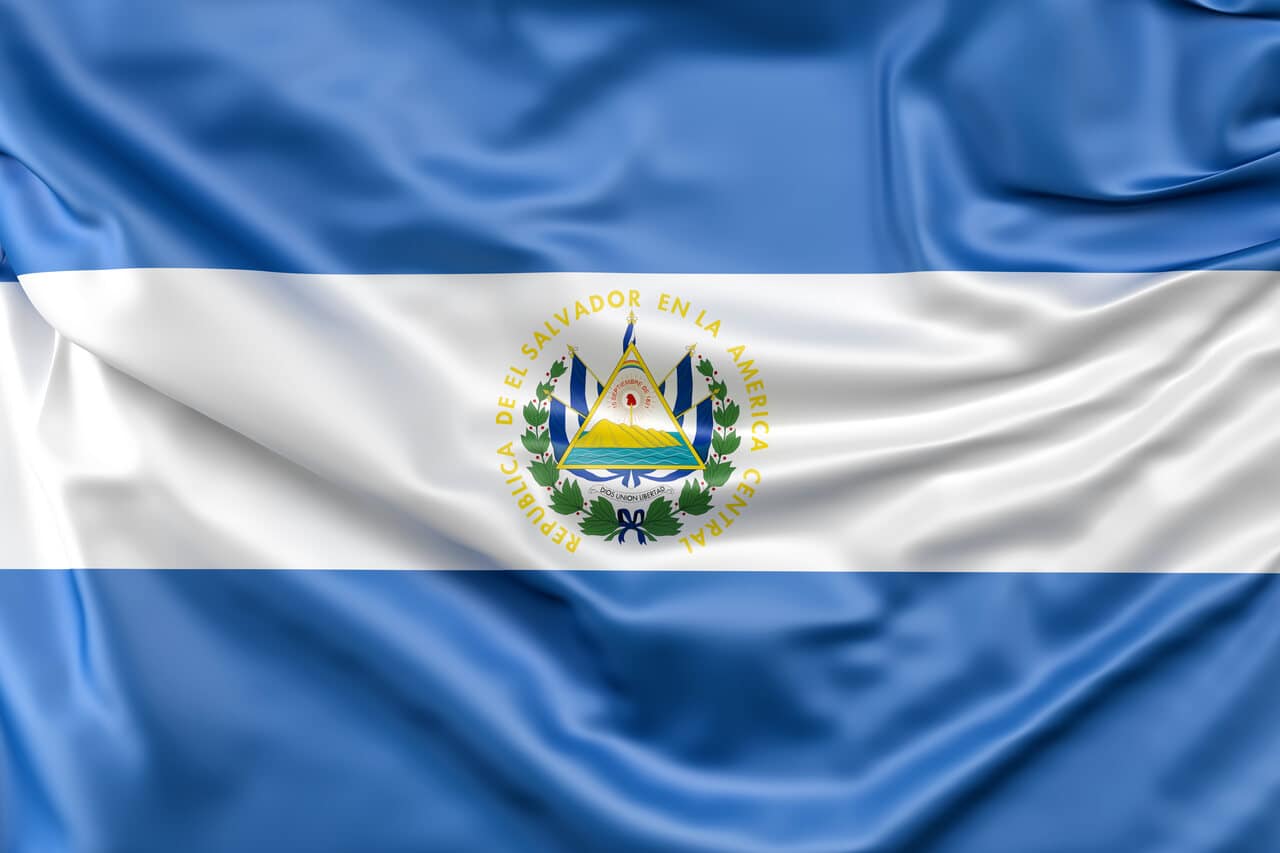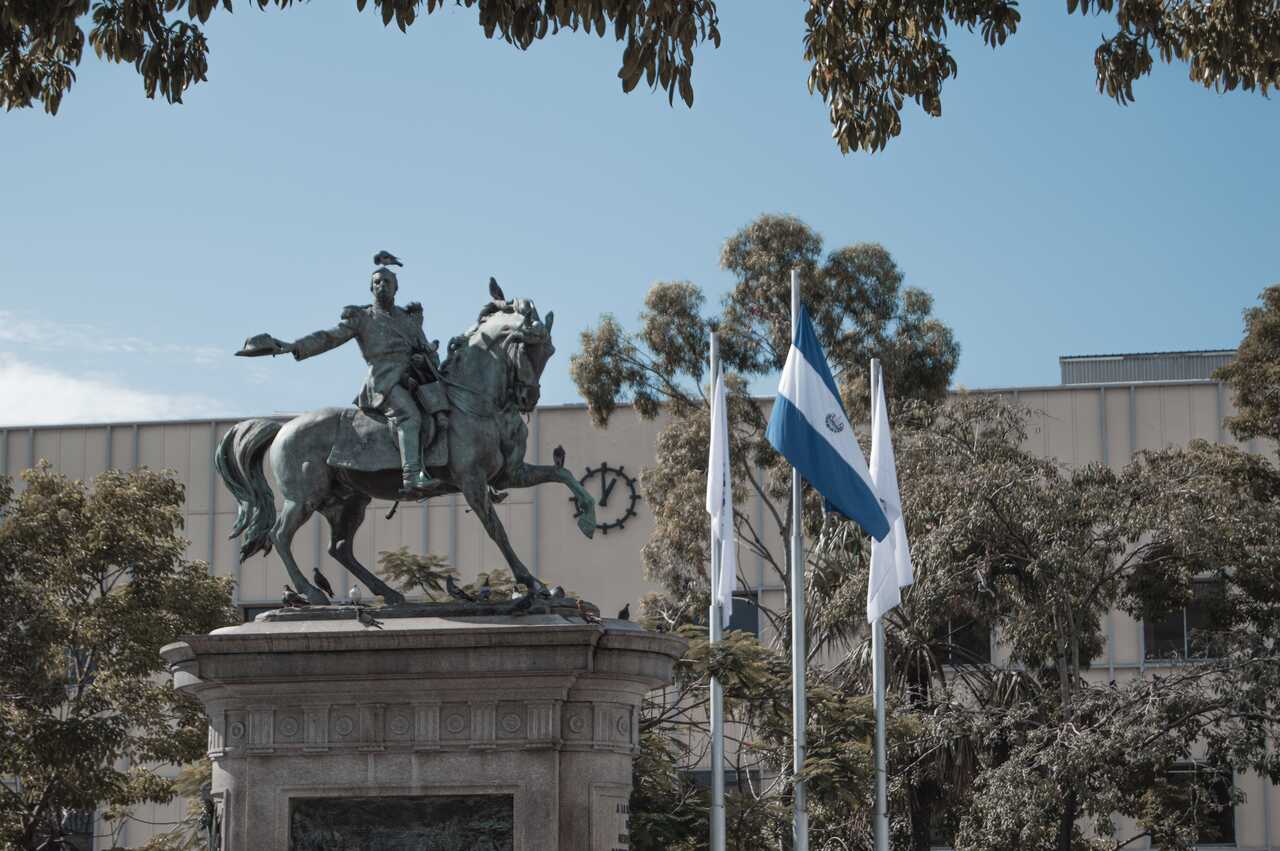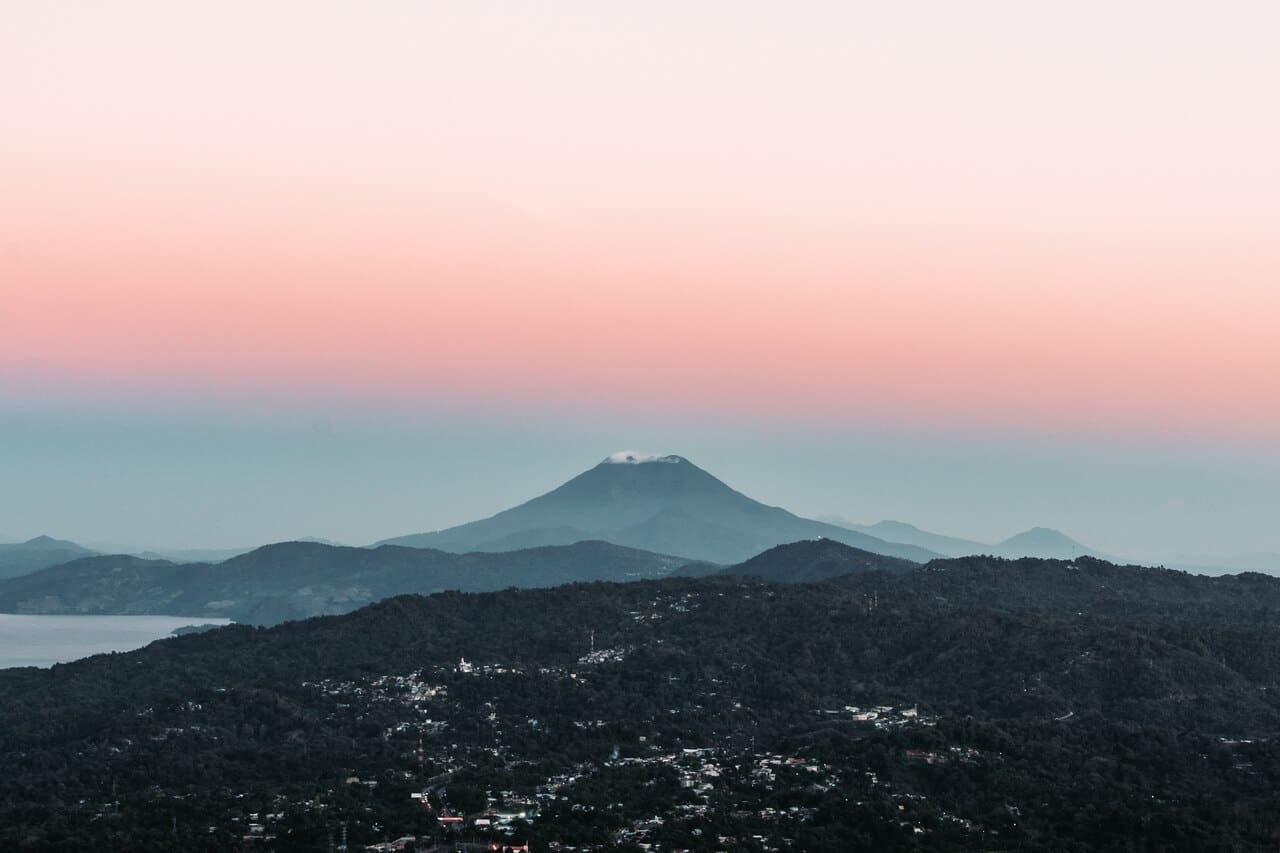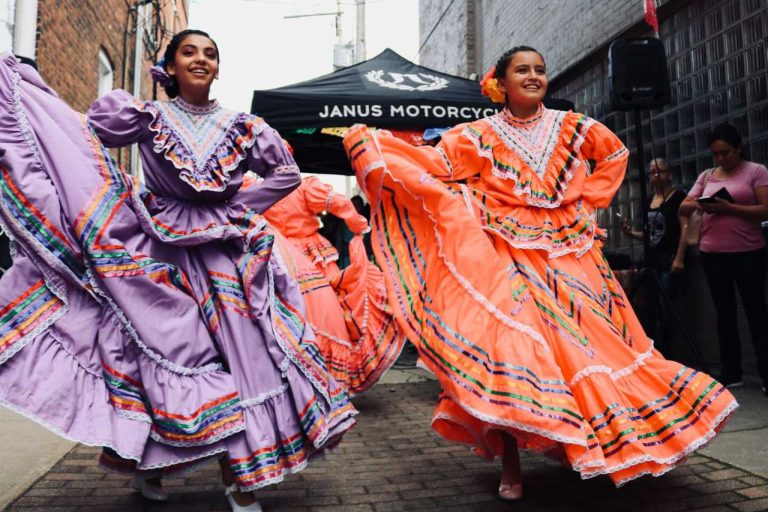
Mind-Blowing Traditions in El Salvador
DATE:
Did you know that El Salvador, though the smallest country in Central America, is a giant in terms of cultural richness and traditions? This remarkable nation, nestled between Honduras and Guatemala, boasts a vibrant culture deeply rooted in a history as colorful and diverse as its festivals. El Salvador’s identity is a tapestry woven with threads of indigenous heritage, Spanish colonial influence, and a resilient spirit that has emerged through historical challenges.
From the bustling streets of San Salvador to the serene landscapes of its countryside, every corner of this country echoes stories and customs that are both unique and captivating. The Salvadoran people, known for their warm hospitality, proudly embrace and celebrate their rich traditions, which are not only a testament to their past but also a beacon for their future. As you delve into the fascinating world of El Salvador’s customs and celebrations, you embark on an enchanting journey that is as educational as it is.
What Traditions are in El Salvador?
The most famous traditions in El Salvador are the San Miguel Carnival, Holy Week celebrations, and Independence Day festivities. For a more in-depth exploration of these rich traditions, continue reading to discover the unique cultural tapestry of El Salvador.
Festivals: A Kaleidoscope of Culture
El Salvador’s vibrant calendar is marked by festivals that beautifully blend religious observance with cultural celebration. The San Miguel Carnival, a renowned spectacle, exemplifies this fusion, honoring the patron saint of San Miguel with music, dance, and a lively parade that enlivens the city. Similarly, in cities like Santa Ana and San Salvador, patron saint festivities are key cultural events, melding religious reverence with joyous communal participation
Festivals like these, including the unique August Festival, are not mere entertainment but profound reflections of El Salvador’s history and traditions. Rooted in religious significance, these events encapsulate the spirit of Salvadoran culture, celebrating the patron saints of their respective cities with fervor and communal unity.
Holy Week: A Spiritual Journey
Holy Week in El Salvador is a profound religious celebration. Semana Santa, as it’s known locally, sees cities like San Salvador and small towns alike, transforming into stages for passion plays and processions depicting the life of Jesus Christ. The blend of Spanish colonial religious traditions and indigenous practices makes Holy Week a unique experience in El Salvador.
Independence Day: A Nation’s Pride
Celebrated with enthusiasm across the country, Independence Day is a national holiday that marks El Salvador’s freedom from Spain. Streets in cities like San Salvador and Santa Ana come alive with parades, national flags, and folk music, displaying a strong sense of national pride.

What is the El Salvador tradition’s food?
The traditional food of El Salvador is the pupusa, a staple dish celebrated for its simple yet delicious composition. Pupusas are handcrafted from corn dough and typically stuffed with a variety of fillings such as cheese, beans, or meat. Integral to Salvadoran cuisine, these dishes hold a place of honor in the nation’s culinary heritage and are a common sight at both family tables and festive gatherings.
El Salvador’s culinary traditions extend beyond pupusas, reflecting a rich tapestry of flavors and ingredients. Other traditional foods include tamales, yuca frita, and sopas. Each dish offers a glimpse into the diverse cultural influences that have shaped Salvadoran cuisine, from indigenous roots to Spanish colonial impact. These foods are not merely nourishment; they represent a profound expression of Salvadoran cultural identity and communal values, cherished across generations.
In El Salvador, traditions are not just observed; they are a vibrant part of everyday life. Dedicated Teachers at SpanishVIP often share stories about the traditional celebrations they witness in their hometowns. It’s through these tales that students get a glimpse into the true culture of El Salvador.
Traditional Music of El Salvador
El Salvador’s music and dance are as diverse as its landscapes. Traditional dances like the ‘Xuc’, native to San Salvador, are performed during national holidays and patron saint festivities. These dances, often accompanied by folk music, tell stories of the country’s past and are a vibrant expression of Salvadoran culture.
Art Traditions in El Salvador
Art in El Salvador, especially in small towns like La Palma, has been influenced by figures like Fernando Llort. His style, characterized by bright colors and indigenous motifs, captures the spirit of El Salvador’s artistic heritage. This style is not just about aesthetics; it’s a narrative of the country’s history, from the Spanish conquest to the civil war, and the peace accords that followed.
Religious Traditions in El Salvador
Religious events hold a central place in the cultural fabric of El Salvador, blending solemnity, history, and celebration. Important festivities like Easter Sunday, Good Friday, and those honoring patron saints like the Virgen de la Paz in San Miguel and the Divine Savior in San Salvador, are observed with deep reverence.
These occasions are a vivid display of El Salvador’s strong religious affiliation and its rich historical tapestry. They uniquely combine Catholic rituals with indigenous practices, showcasing processions, traditional foods, and family gatherings. This fusion not only reflects the country’s religious devotion but also commemorates significant historical events, embodying the intricate blend of cultures that define Salvadoran heritage.
Indigenous Traditions in El Salvador
Despite the impact of the Spanish settlers, indigenous traditions have held a strong place in Salvadoran culture. Indigenous languages, though less commonly spoken, are still heard in small communities. Celebrations like the Fire Festival in Nejapa, where participants throw balls of fire to commemorate a volcanic eruption, are rooted in indigenous lore.
DID YOU KNOW…?
El Salvador is the only country in Central America without a Caribbean coastline. Despite this, it boasts some of the best surfing beaches in the world on its Pacific coast.
Modern Traditions in El Salvador
In today’s El Salvador, traditions are not relics of the past but living, evolving practices. Events like the Fire Festival and the Day of the Cross blend historical significance with contemporary festivity. In modern El Salvador, traditions are not static. They evolve, absorbing influences from other Latin American countries and beyond, yet retain their distinct Salvadoran essence.
National Holidays of El Salvador: From Independence to Pupusas
National holidays in El Salvador, from Independence Day to National Pupusa Day, are celebrated enthusiastically and pride. These days are not just about marking historical events but are an opportunity for Salvadorans to showcase their national identity and cultural heritage.
The Significance of Family and Community
In El Salvador, traditions are often centered around family life and community. Whether it’s gathering for a meal during the August festivities or celebrating a national holiday, family and community are at the heart of every celebration. This strong sense of togetherness is what makes Salvadoran culture so special.
The Spirit of El Salvador: From Rainy Season to Festive Celebrations
El Salvador’s cultural tapestry is closely interwoven with its diverse climatic patterns, reflecting a unique blend of seasonal traditions and celebrations. The rainy season, spanning from May to October, ushers in a period rich in customs and agricultural significance. This time of the year is marked by a transformation of the landscape, with verdant fields and blooming flora, setting the stage for various traditional festivities.
These celebrations are deeply rooted in the agricultural life of the country, highlighting the importance of rain for crop cultivation and sustenance. Communities come together during this season, engaging in rituals and practices that honor the earth’s fertility and the bounty it provides. From local fairs showcasing the harvest to communal gatherings celebrating the rain’s arrival, these traditions encapsulate the harmonious relationship between the people of El Salvador and their natural environment. The rainy season is not just a meteorological phenomenon in El Salvador; it’s a time of renewal, reflection, and rejoicing, embodying the resilient and adaptive spirit of the Salvadoran culture.

What are 3 interesting facts about El Salvador?
Smallest and Most Densely Populated
El Salvador is the smallest country in Central America but also the most densely populated, offering a rich blend of cultural diversity within its compact borders.
Land of Volcanoes
Known as the “Land of Volcanoes,” El Salvador has more than 20 volcanoes, with two of them, Izalco and San Miguel, being particularly active. This volcanic landscape has created stunning natural features and fertile soil, ideal for coffee cultivation, a major export of the country.
Historical Art of Indigo
El Salvador has a long history with indigo, a natural dye that was a significant part of its economy during colonial times. The ancient art of indigo dyeing, used by indigenous populations for centuries, is still practiced in some parts of the country today.
Are You Ready to Celebrate?
El Salvador is a country where traditions are not just remembered; they are lived and breathed. From the vibrant streets of San Salvador during Holy Week to the communal spirit of the August festivities, these traditions form the heartbeat of Salvadoran culture. At SpanishVIP, we invite you to start with a free 1:1 class or enjoy free 7 days of group classes to delve deeper into the fascinating culture and traditions of El Salvador.











